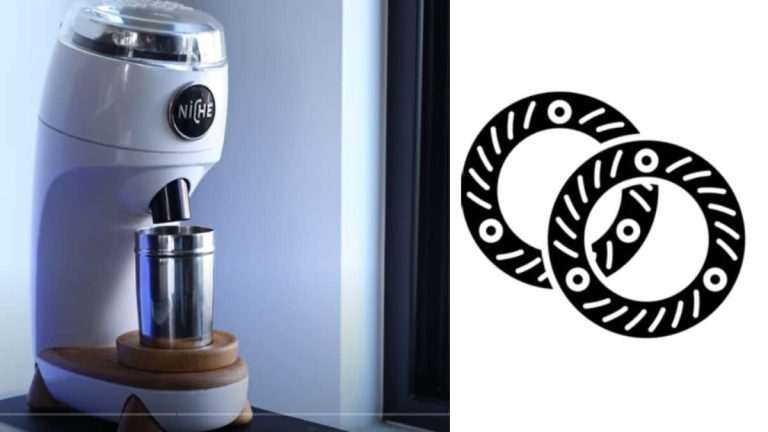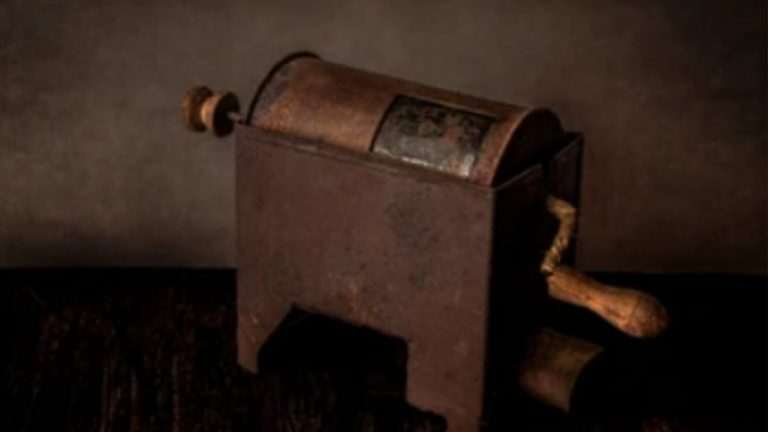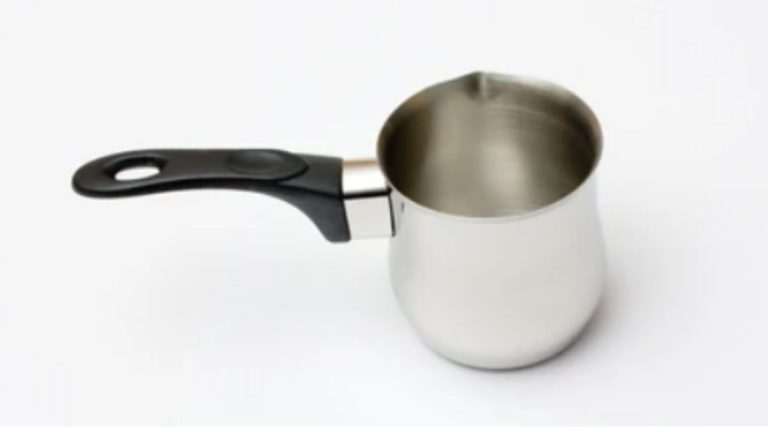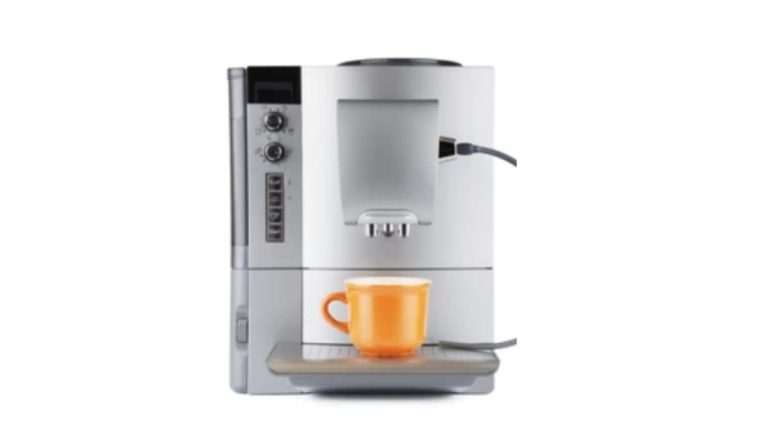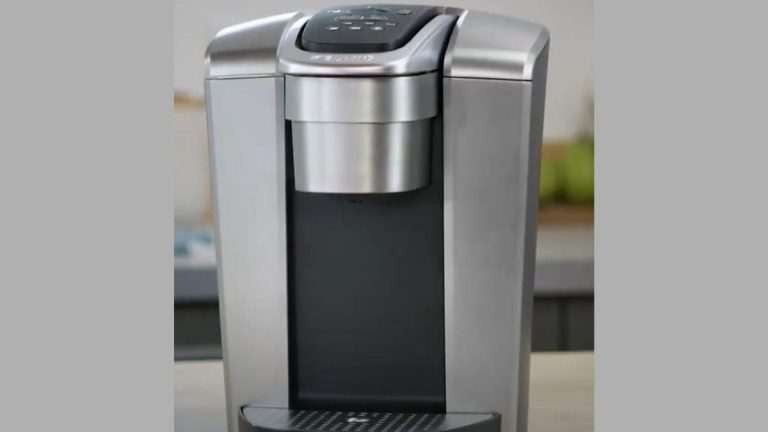How To Dispose Of Coffee Grounds From A French Press
If you love coffee and have a French press you may be wondering what is the best way to dispose of those grounds. Although this may not seem like a big deal it does have its negative side effects if you are not careful. Of course, the obvious advice is to just dump them in your yard but as you know some people don’t want that stinky smell in their backyard. This article will provide you with other options to get rid of those nasty coffee grounds while keeping your yard clean and your house smelling wonderful.
Did you know that, in addition to providing a delicious breakfast beverage, coffee grounds can actually be used in your garden as fertilizer? It is a scientifically proven fact that coffee grounds are great at helping plants grow. So next time you use your French make sure to do everything right until the end. That would mean not pouring out the remaining coffee into the sink. Here’s how to get rid of coffee grounds from the French press:
If you’re a fan of French press coffee, then you’ve probably noticed the leftover coffee grounds are pretty messy. You can’t just throw them in the trash like you would with used tea leaves or even used coffee grounds. It’s important that you dispose of your French press grounds properly, otherwise, they will attract pests and give off a terrible odor.
Tossing coffee grounds down the drain is not a good idea, especially if you have a garbage disposal. These grounds are highly acidic and can damage your pipes over time. Instead, try one of these methods for disposing of used coffee grounds:
Using them In the Garden. Used coffee grounds are rich in nitrogen, making them perfect for composting or adding to your garden soil. They will provide your plants with nutrients and help them grow beautifully! If you have an indoor potted plant, you can use leftover coffee immediately instead of waiting until it breaks down in the soil.
Disposing French Press Coffee Grounds
Table of Contents
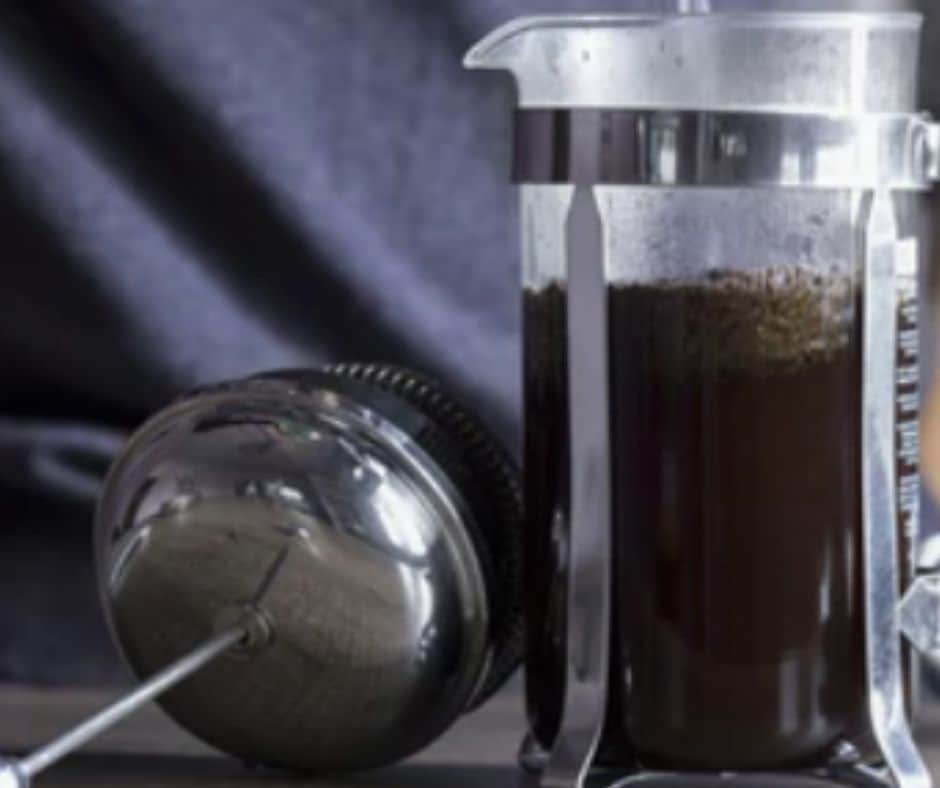
Nowadays, a lot of people are using coffee makers but still, there are people who prefer to make their coffee in a French Press. However, once they finish making coffee, they have no idea how to dispose of the spent grounds. And they are not sure if it is okay to put them into the garbage disposal or not.
There is a method for disposing of French press coffee grounds that are both environmentally responsible, and it even uses the same coffee grounds multiple times. The reason for this disposal method is to cut down on the amount of paper that ends up in landfills.
There are different methods for disposing of French Press Coffee Grounds. You can either throw them in the trash or compost them.
Tossing grounds into the trash is not good for the environment and it will also give your trash an unpleasant odor.
Composting French Press Coffee Grounds is a much better option. Not only will it help you create a natural fertilizer, but it will also have less of an impact on the environment.
Here is how you can do it:
1. Put the coffee grounds in a paper bag. Don’t use plastic bags because they won’t break down in a landfill as quickly as paper bags will.
2. Place them in your compost pile outside. The coffee grounds will help your compost pile decompose faster and provide nutrients for your garden. If you don’t have a compost pile, you can always add the grounds to your backyard or garden soil directly.
3. Water them with water from your hose and let it soak overnight so that the grounds break down further and become fully integrated into the soil or compost pile by morning.
You can also dispose of them using a Landfill. By burying your coffee ground in a landfill, they will be locked away from humans and animals for quite some time. This disposal method is environmentally friendly since the garbage will be covered up at all times from landfills. The problem with this disposal method is that it costs money to do this and it can take decades for the garbage to decompose properly.
You can also use them for pest control. Have you ever heard of using used coffee grounds as a way to get rid of ants? It works! This is one of the best ways to dispose of them because it doesn’t involve harming any living creature. Ants find the smell of coffee irresistible, so they will be attracted to it and take it back to their colony as food. The next time you find an ant infestation, just place some used coffee grounds near where they have been spotted. The ants will surely come for it.
Can coffee grinds go in the garbage disposal?
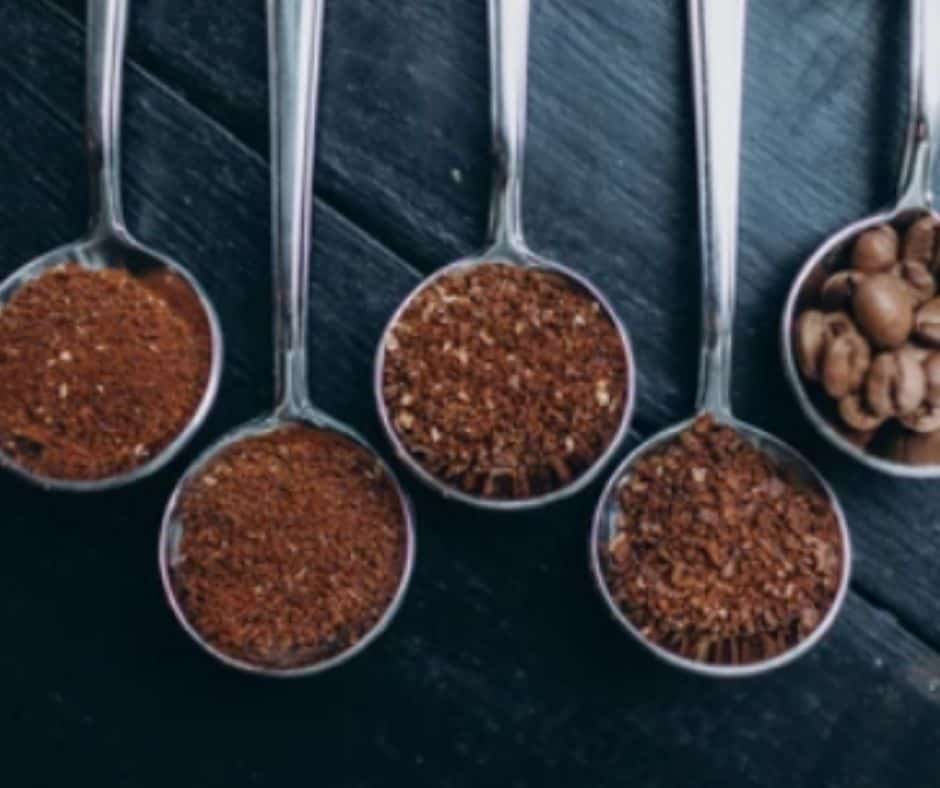
Coffee grounds are among the most commonly disposed of organic materials in the home. The hardy, fibrous grounds of coffee beans hold up well when discarded. They are not easily decomposed by microorganisms such as bacteria and fungi, so they do not generally produce offensive odors and their dry form is unlikely to attract many pests
Coffee grinds are not a popular item to put in the garbage disposal. Also, it is a common myth that you should put used coffee grounds down the disposal as well. Whether it is used or unused, you should not put coffee grounds at your disposal.
Coffee grinds, the leftover from making coffee, should go in your compost. Waste disposal units can damage the blades they contain due to grounds hardening over time. Since coffee beans are already practically ground and soften when water is poured over them, you will want to let them get down the disposal before washing dishes or running a cycle.
A waste disposer is designed to handle small food scraps, like pieces of fruit and vegetable peelings as well as eggshells. It can also be used for coffee grounds, tea bags, and even paper towels.
Tossing coffee grinds in the dispose of can cause your drain pipes to clog. The grounds will absorb water from the garbage and then expand inside your pipes. They can also build up inside the blades of your disposal and stop them from rotating properly. They will eventually become solidified and that could cause damage to your disposal.
Coffee grinds are too coarse for garbage disposal which is meant for finer materials like small food scraps and paper products. Coffee grounds are best suited when composted or put in an outdoor bin or trashcan so they don’t clog your pipes.
When you dispose of coffee grinds through a garbage disposal, they will sit in the pipes and grinders of your plumbing system. You may not notice any problems until it’s too late and your garbage disposal stops working.
If you’re worried about possible damage to your pipes or sink, you have several alternative disposal options for coffee grounds. A compost pile is a good choice because it will provide nutrients for plants. You can also add used coffee grounds to your garden soil or add them to your regular trash and haul them to a landfill
To reduce the chances of plumbing issues, be sure to pour only COLD water down the drain while disposing of coffee grounds. Hot water can make grounds expand more so they clog your drain no matter how careful you try to be.
Are coffee grounds good for plants?
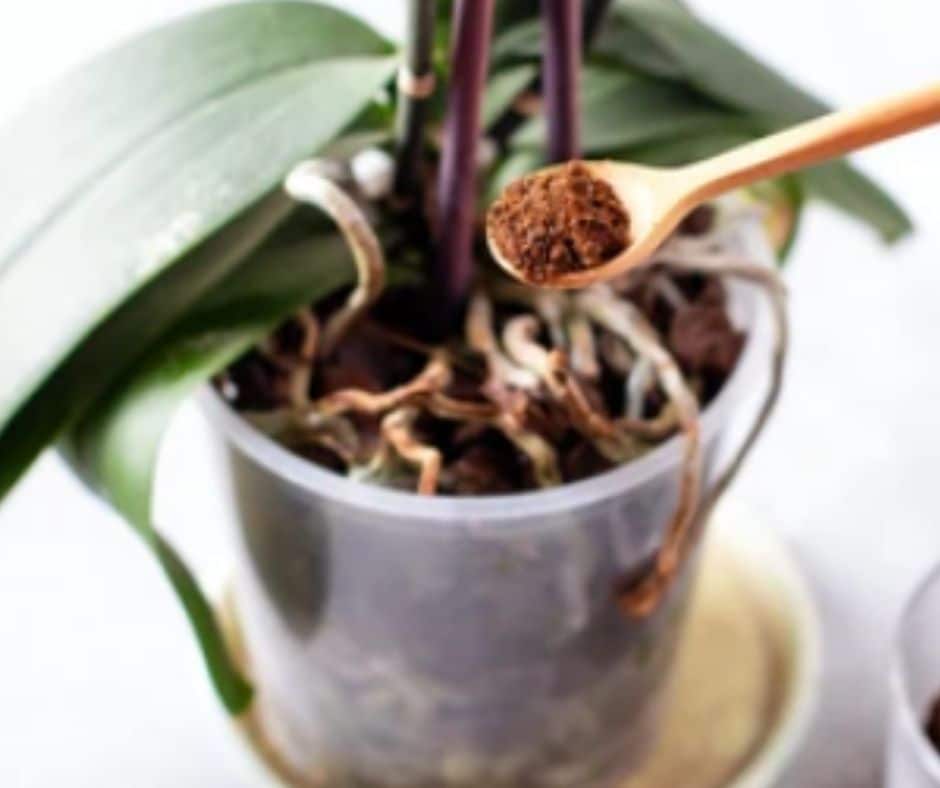
How to grow your own plants at home is a skill that most gardeners are taught by their parents. Gardening or indoor planting can produce the most delectable fruits and vegetables you will fall in love with, which is the reason why it’s good for you to learn how to grow your own. Similar to other things, there are countless tips and tricks that will help improve your gardening experience.
As a gardener, you have to be able to ask yourself, “How can I make better plants?” If you’re interested in plant care tips then continue reading for more information.
There are many uses of coffee grounds and it is important to tell how to use coffee grounds for plants. Coffee grounds for plants can be used in the garden as a natural soil conditioner, fertilizer, and insect repellent.
- Treating Soil Conditions with Coffee Grounds
Coffee grounds treat soil by adding nitrogen, which stimulates plant growth. This treatment fits well with the xeric style of gardening that thrives on arid or semi-arid soils. To add this benefit to your garden’s soil, simply sprinkle a few handfuls of coffee grounds around the base of each plant. Work the coffee grounds into the soil slightly, but avoid tilling them too deeply into the soil. If your soil is already rich in nitrogen (leaf litter is an excellent example), then you can use this technique as a mulch around plants that need more water retention and protection from heat.
- Coffee Grounds as Fertilizer
As a fertilizer, coffee grounds supply nitrogen as well as other nutrients such as iron and magnesium. All of these nutrients are readily available for plants to take up through their roots; this is an especially good option. Coffee grounds have an acidic pH of about 5.0 on their own, which makes them slightly acidic (the closer your pH number is to 7, the more alkaline your soil is). A lot of people recommend adding coffee grounds directly to soil because soils with too much alkalinity can be detrimental for plant growth, especially for acid-loving plants like azaleas and rhododendrons. You can also use coffee grounds instead of lime or sulfur to lower acidity.
Can coffee grounds be composted?
The answer to this question “can coffee grounds be composted”, is a big yes. Coffee grounds offer excellent conditions for micro-organisms within your compost pile. It provides the perfect carbon to nitrogen balance, and because of the moisture amount, these grounds won’t dry out quickly (something you definitely want to avoid in your compost pile). One word of caution is that most people assume that using coffee grounds for composting is a great idea, but you actually shouldn’t put your coffee grounds directly on the soil.
Coffee grounds add nitrogen to the soil and are rich in micronutrients and antioxidants.
Of course, that doesn’t mean they should be mixed into your regular compost pile. Keep them separate from other compost, use a dedicated container and make sure that the coffee grounds are fully dried before you put them into the mix. Coffee is a natural fertilizer and will help your plants grow, but it also contains caffeine, which can make some plants grow faster than others. Drying the grounds before adding them to your composter helps prevent this.
If you have problems with pests in your compost or garden, using coffee grounds may attract unwanted insects. If you notice ants or other pests in your garden after adding coffee grounds, try moving your coffee composter and see if the problem goes away.
How to dispose of coffee grounds from a reusable filter
We all know that people who like to drink coffee also tend to have a reusable filter, so they don’t throw away the grounds in the trash after each use. While it may not be an issue if you live in an area where the trash is separated at the source and goes to the landfill, what happens when you live in a neighborhood where everything goes into one trash can? Will there be bacteria growing in your yogurt container? What if you get that yogurt container confused with someone else’s?
There are many ways to dispose of coffee grounds from a reusable filter. This can be done by throwing it into the trash or composting it. If you throw it into the trash, it is advisable to put it in an airtight container so that the smell does not affect the rest of your food. If you do not want to throw in the trash and you want to compost, then you will have to put them in a separate airtight container from your other compostable items.
Trying to compost coffee grounds would be an excellent way to fertilize your plants and flowers. However, when you compost coffee grounds, they tend to smell really bad. To avoid this get yourself a carbon filter that can help remove some of the odor that is emitted when you try to compost them.
If you do not have a carbon filter then find something else that can help with the smell like a bag, cup, or jar. It all depends on how many coffee grounds you have and how much space you have for storage.
Sometimes I’ve tried just throwing them in the trash, but then I realized that there are billions of these disposable filters being thrown into landfills every year, and they are incredibly difficult to break down and will just sit around for thousands of years.
In addition to this issue, is the fact that most of these filters are made from plastic which is not good for us as humans or the earth.
So, what I do now is put my used filter into a zip lock baggie, and then I take that baggie and throw it in my recycling bin. It seems like such a simple solution and yet it’s so effective. It would be awesome if everyone could do this!
Conclusion
Coffee grounds are organic, and if you compost them or bury them in your yard properly, they don’t have any adverse effect on your ecosystem. But if you disposed of them improperly, they can have a noticeable impact. In the end, it’s up to you to decide what to do with your used coffee grounds.



